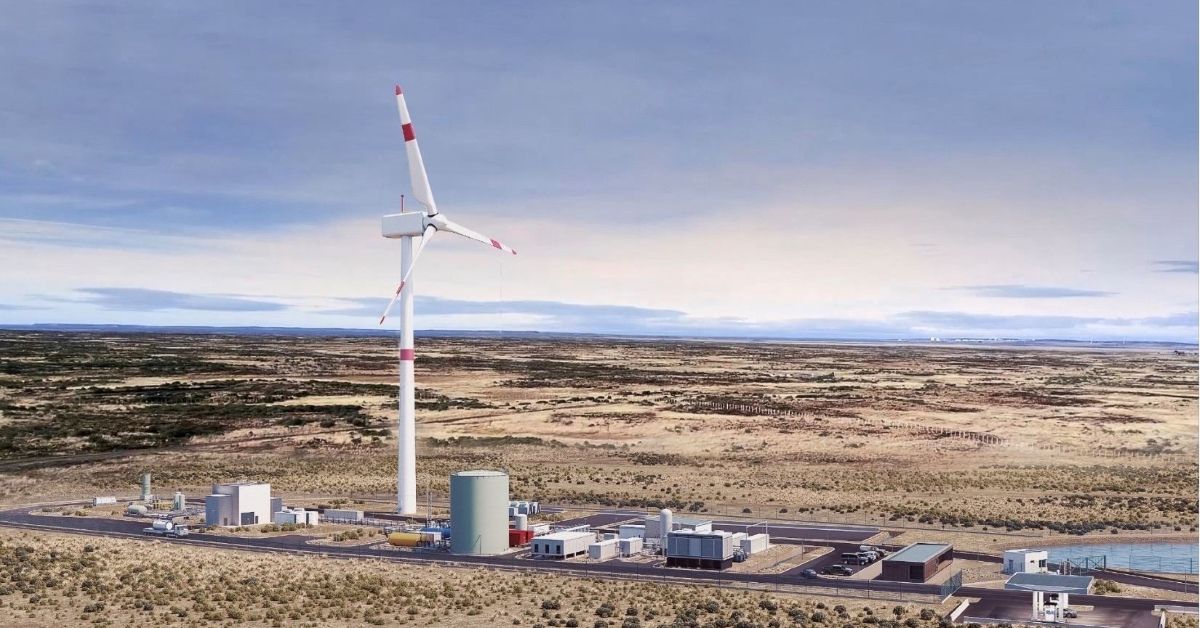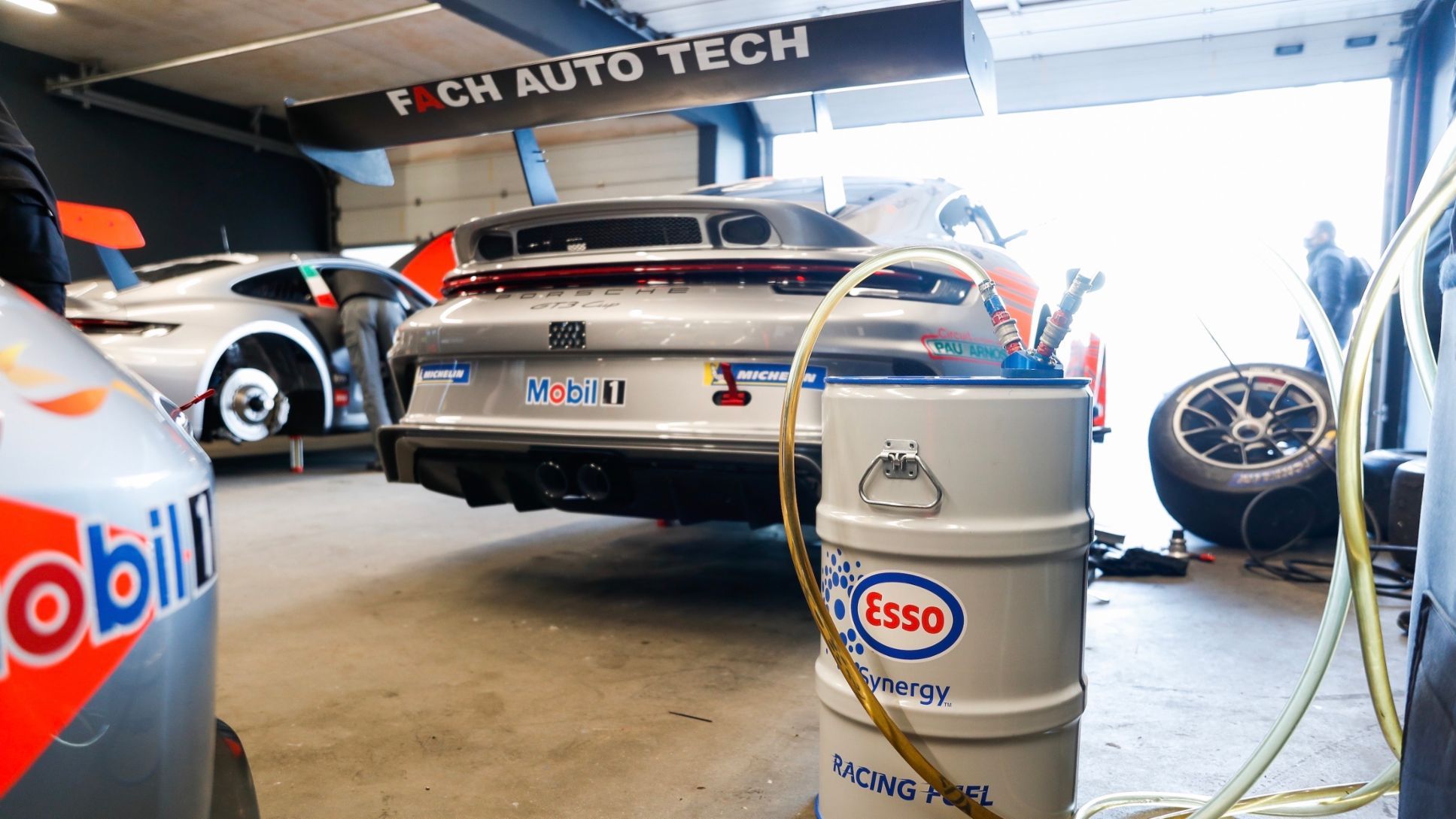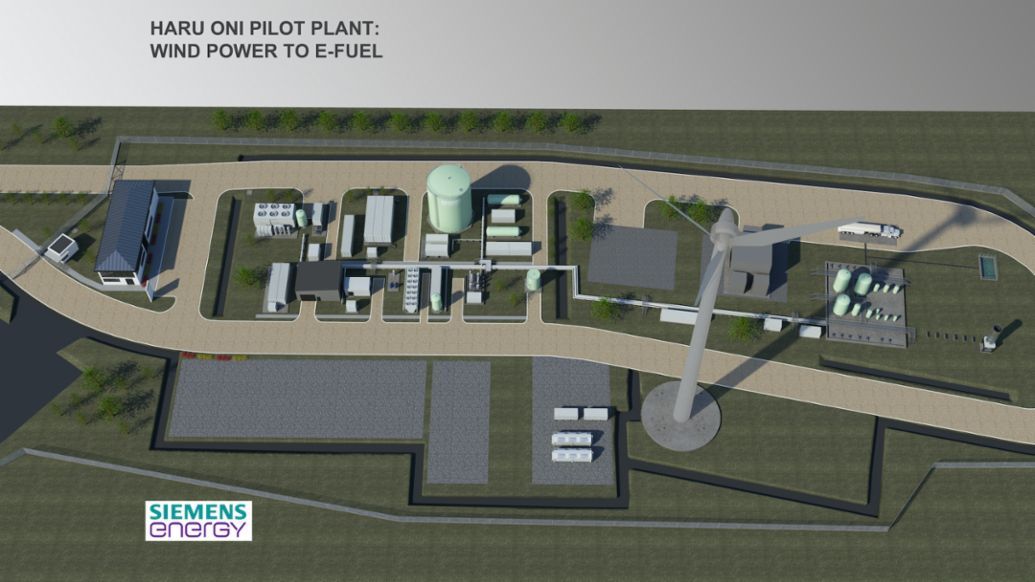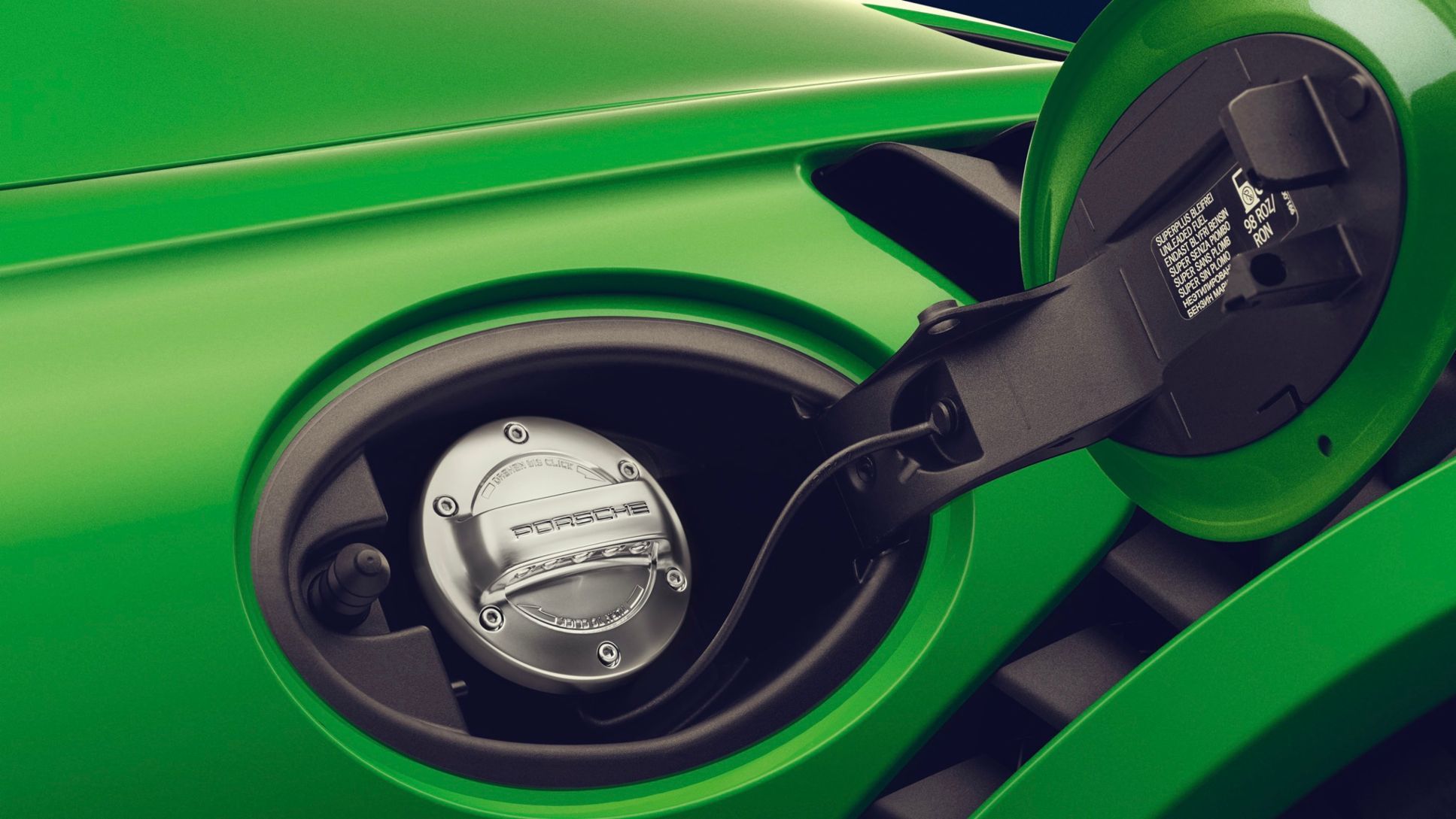The fight to save the internal combustion engine has been on the forefront of enthusiast and corporate minds alike for a few years now, considering the prevalence of the impending doom that is the electric car. Don't get us wrong though, electric cars are the future and Porsche certainly knows that.
But so far, that hasn't condemned them to submit entirely to electricity. And that sentiment hasn't been more relevant to the German automaker until now, as they proceed to build their first joint-eFuels plant in Chile and attempt to extend the lives of not only new internal combustion cars, but classics too.
About two weeks ago, Porsche's newsroom released an article introducing their newest venture into the synthetic fuel industry alongside its partner Siemens Energy.
The plant is set to be located north of Punta Arenas in Chilean Patagonia and will be used to produce increasing amounts of synthetic fuel over the next several years that Porsche and other companies have developed through extensive research and testing.
eFuels/Synthetic Fuel: Explained
First of all, Sythetic fuel and eFuels are two terms that mean almost the same thing. "Synthetic fuel" is a more general term that describes a fuel that is artificially developed to be less harmful to the environment, while "eFuels" is the term Porsche, other companies, and journalists use for the physical substance they are producing. It is a small difference that doesn't matter, but now you know.
The process that the officially named "Haru Oni" plant will use to produce these eFuels is, in reality, much too complicated to explain for someone who doesn't have a master's degree in chemistry. But luckily, Porsche explained the basic process in their press release. Porsche says this: "In the first step, electrolysers split water into oxygen and green hydrogen using wind power. CO2 is then filtered from the air and combined with the green hydrogen to produce synthetic methanol, which in turn is converted into eFuel."
The key component of this process boils down to the fact that they filter existing CO2 from the air and bond it with the hydrogen, instead of combusting oil-derived gasoline to create more C02.
Porsche's eFuel Plant Project: What Is Happening Right Now
The ambitious nature of Porsche's goals for this plant should give enthusiasts some relief, considering one of Porsche's largest reasons for doing this is to use eFuels in its sports cars. What are those goals, you say? Here's a rundown of their existing five-year plan;
Porsche says that throughout all of 2022, the Chile plant will produce 130,000 liters of synthetic fuel. That may sound like a lot, but considering they are planning to use only eFuels for their 2022 Porsche Mobil 1 Supercup racing series, it won't last very long.
However, according to Porsche's projections, things will change rapidly over the following two years, where they will produce a whopping 55 million liters of eFuel. The press release also stated that Porsche will be using their eFuels in their own combustion cars in the future, meaning that by 2024 we may see a production 911 with full synthetic fuel capabilities up for sale.
The five-year plan continues into 2026 where Porsche's projections land the Chile eFuel production at an even larger target of 550 million liters. Ten times more than the two previous years. With this increased production, there is no telling as to what it will be used for other than Porsche's cars. Popular opinion on this matter says that synthetic fuel production is a genuinely positive advancement, but it isn't likely to garner the investment scale of what electric cars have already taken in.
Even so, Porsche's new venture will continue to move forward. One of its partners in this new plant is Highly Innovative Fuels or HIF, which recently secured the proper environmental permits to begin phase 1 of this project, while Siemens Energy is currently busy planning the subsequent major phases, according to Porsche.
In addition to Siemens Energy and Highly Innovative Fuels, several more companies are in on this project, including Enel, ExxonMobil, Gasco and ENAP. The official name for this project is Haru Oni.
What This Means For The Future Of Combustion Engines
Last year, when the Haru Oni project was in its infancy, Porsche expressed their commitment to not only the environment, but saving existing automobiles from destroying the planet. According to Porsche, around 70% of their classic sports cars are still on the road today and their passion for tradition is stronger than most companies, leading us to believe they will try to use these new synthetic fuels in the remaining Porsche classics like the 911, 944, 928, and hopefully even the older Boxsters.
The main problem that faces synthetic fuel production is cost. Existing synthetic fuels not produced by the Haru Oni plant can cost around $35 for a single gallon of eFuel, which is completely out of the question concerning its application to the real world. Gas prices have shot up so much in past years that the average gallon in California costs around $4.39 and premium gas prices go way up from there.
So, a ten-fold multiplication of these already ridiculous prices would never be sustainable. However, previous Porsche press releases have projected that the Haru Oni project's innovative production process could see those prices come down to "only" $7 per gallon. As research and development continue though, it is possible prices could come down to where regular gas is as of now.
Either way, if Porsche can develop a fuel that keeps our beloved classics on the road and away from future emissions regulations, we're all in. After all, there are still so many classics that are driven every day along with modern internal combustion cars that will stick around for decades.





